Mad @God | Week 3 | Pastor Ben Pierce
Misplaced Madness: Understanding Our Anger Towards God
In our journey through life, we often find ourselves grappling with feelings of anger towards God, especially when faced with unexpected hardships. Pastor Ben Pierce’s sermon delves into the theological underpinnings of this misplaced madness, encouraging us to reassess our understanding of God’s role in a broken world and to recognize the true source of our struggles.
Introduction to Misplaced Madness
Misplaced madness refers to the frustration and anger we often direct toward God during life’s trials. We encounter situations that leave us bewildered and searching for answers, but instead of reflecting on the complexities of our circumstances, we attribute our struggles to God. This misunderstanding of His nature can lead to misplaced anger. Recognizing this pattern is crucial for our spiritual growth and emotional health.
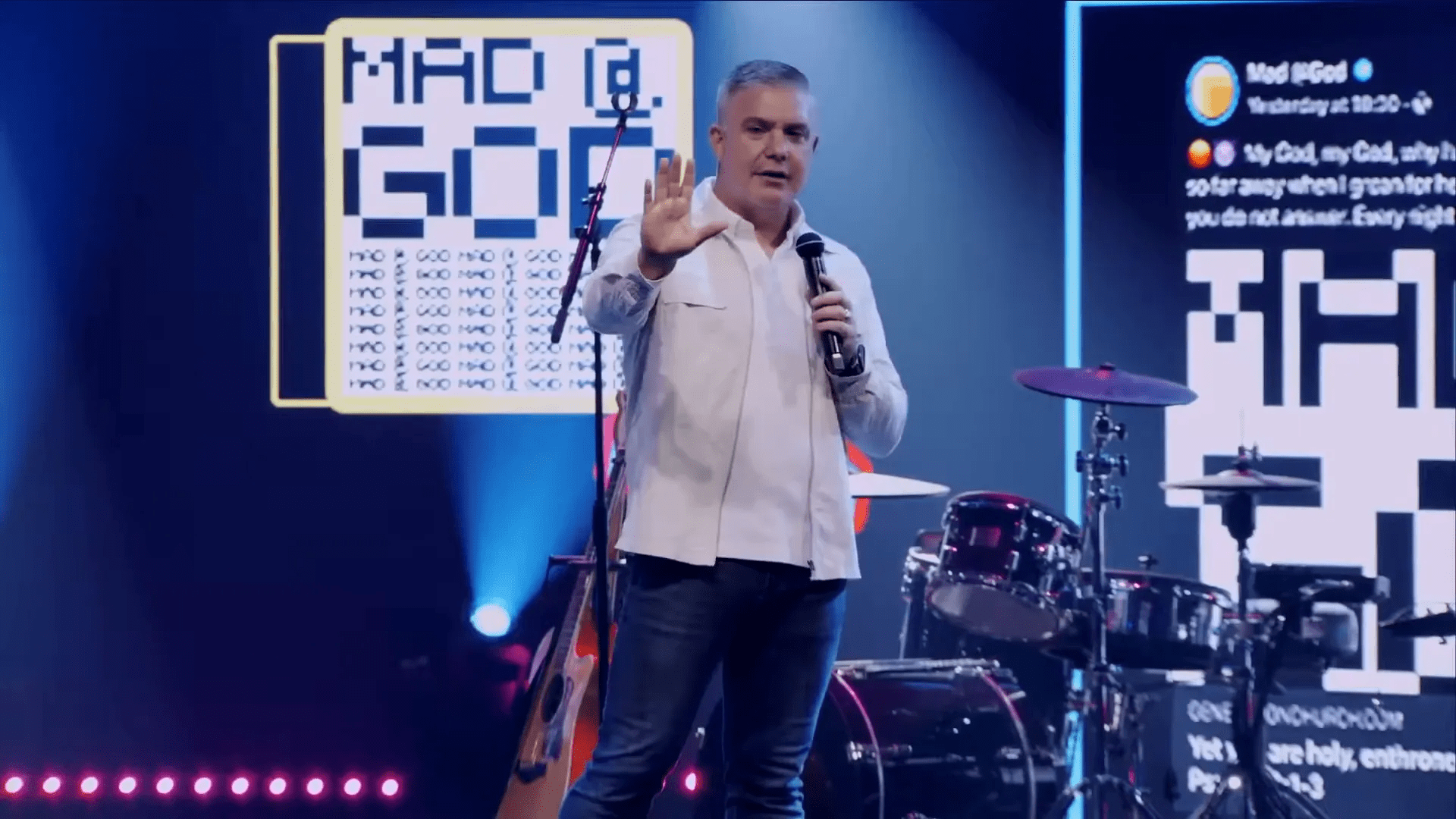
Understanding the Broken World
Our world is undeniably broken. Daily, we see evidence of suffering, injustice, and chaos. This brokenness stems from a variety of sources, including human error, natural disasters, and spiritual warfare. It’s vital to comprehend that these elements contribute to our reality, shaping our experiences in ways that can lead to frustration and anger toward God. Understanding the multifaceted nature of our world helps clarify why we face certain adversities.
The Elements of Our Broken World
- Human Decisions: We often make poor choices that negatively affect ourselves and others.
- Natural Disasters: Events like hurricanes and earthquakes disrupt lives and create suffering.
- Spiritual Warfare: There exists an enemy actively working against our well-being.

Personal Anecdote: The Wallet Incident
In a moment of personal chaos, I lost my wallet, which spiraled into a series of frustrations. Initially, I blamed my wife for the mishap, convinced she had misplaced it. Days passed, and my anger grew, reflecting my inability to accept responsibility. Eventually, I discovered my wallet tucked away in a folder. This experience aptly illustrates how we can misplace our anger, often directing it toward those closest to us, including God.
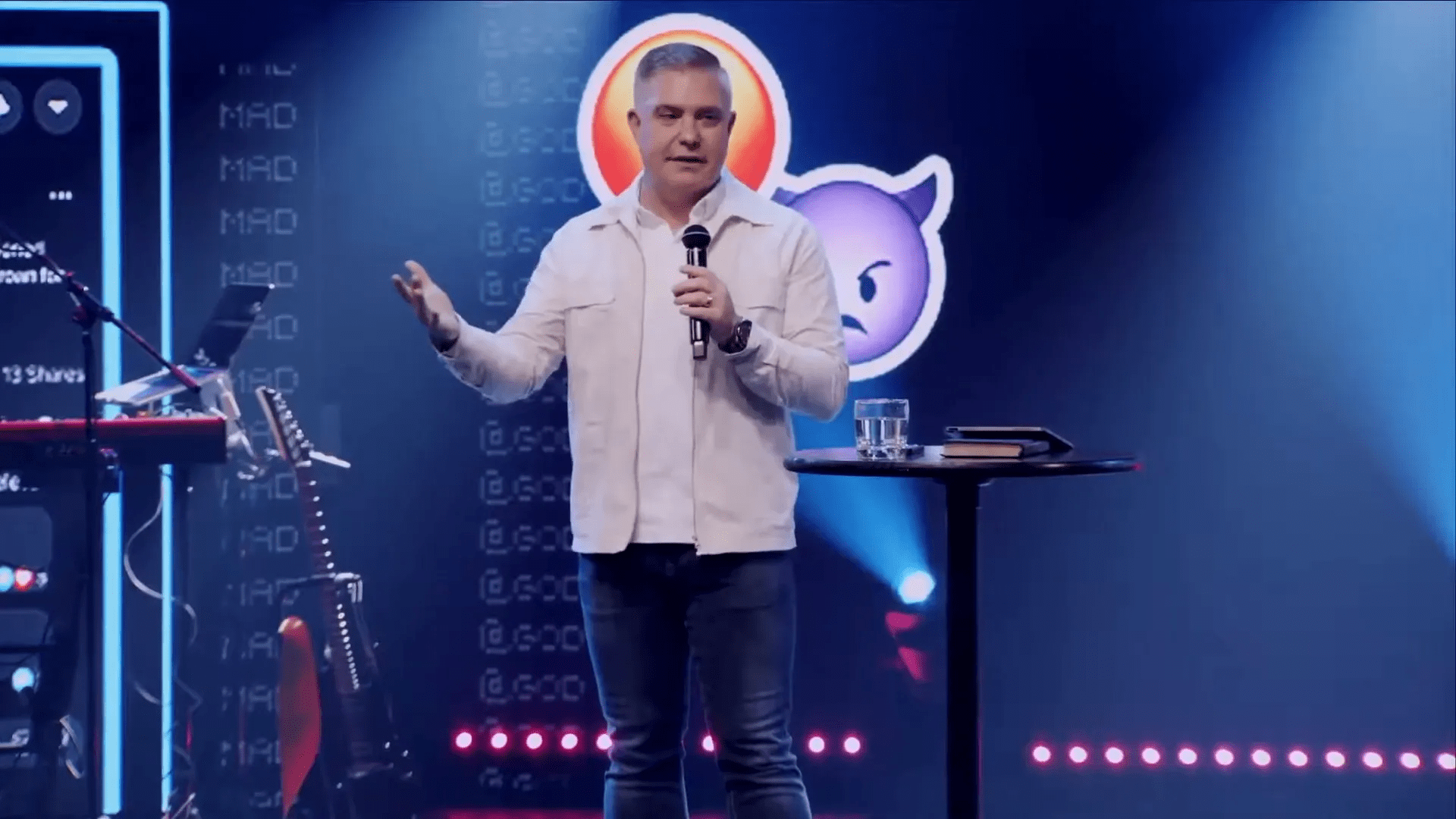
Attributing Blame: The Human Tendency
Human nature often compels us to assign blame externally rather than reflecting inwardly. When faced with challenges, it’s easier to point fingers than to accept our role in the situation. This tendency can distort our view of God, leading us to believe He is responsible for our hardships.
Recognising Our Role
Understanding our part in the narrative is essential for spiritual maturity. By acknowledging our mistakes and learning from them, we can redirect our frustrations into personal growth rather than misplaced anger. This shift in perspective allows us to foster a healthier relationship with God and those around us.

The Concept of Acts of God
Many people refer to natural disasters and calamities as “acts of God.” This terminology can be misleading. It implies divine intervention or intention behind tragic events. However, these occurrences often stem from the brokenness of our world rather than God’s direct will.
Rethinking “Acts of God”
- Natural Events: Weather patterns and geological activities are part of a fallen world.
- Human Responsibility: Many disasters result from human actions or negligence.
- Theological Reflection: Understanding God’s character helps clarify misconceptions about His involvement in suffering.
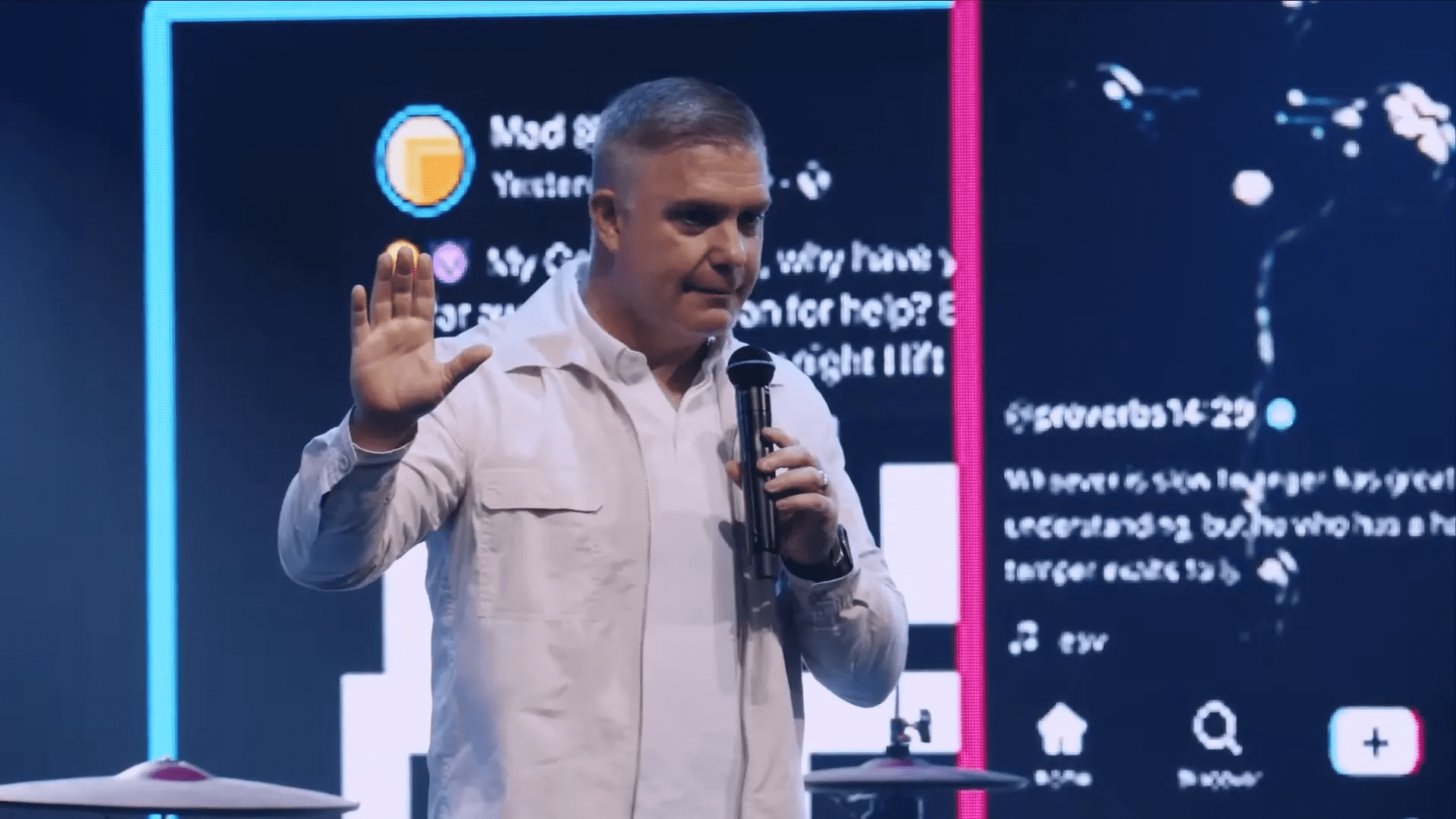
Theological Insights: God’s Sovereignty and Human Free Will
The relationship between God’s sovereignty and human free will is complex. While God is ultimately in control, He has granted humans the capacity to choose. This freedom can lead to both good and evil outcomes, contributing to the brokenness we experience.
Understanding the Balance
Realizing that God’s sovereignty does not negate human responsibility is crucial. When we make choices that lead to suffering, we must acknowledge our role rather than blame God for our circumstances. This understanding fosters a deeper appreciation of God’s grace and mercy in our lives.
Key Scriptures to Consider
- Genesis 1:26: God gave humanity dominion over the earth.
- John 10:10: The thief comes to steal, kill, and destroy; God desires life abundantly.
- 2 Corinthians 4:4: The god of this world blinds the minds of the unbelievers.
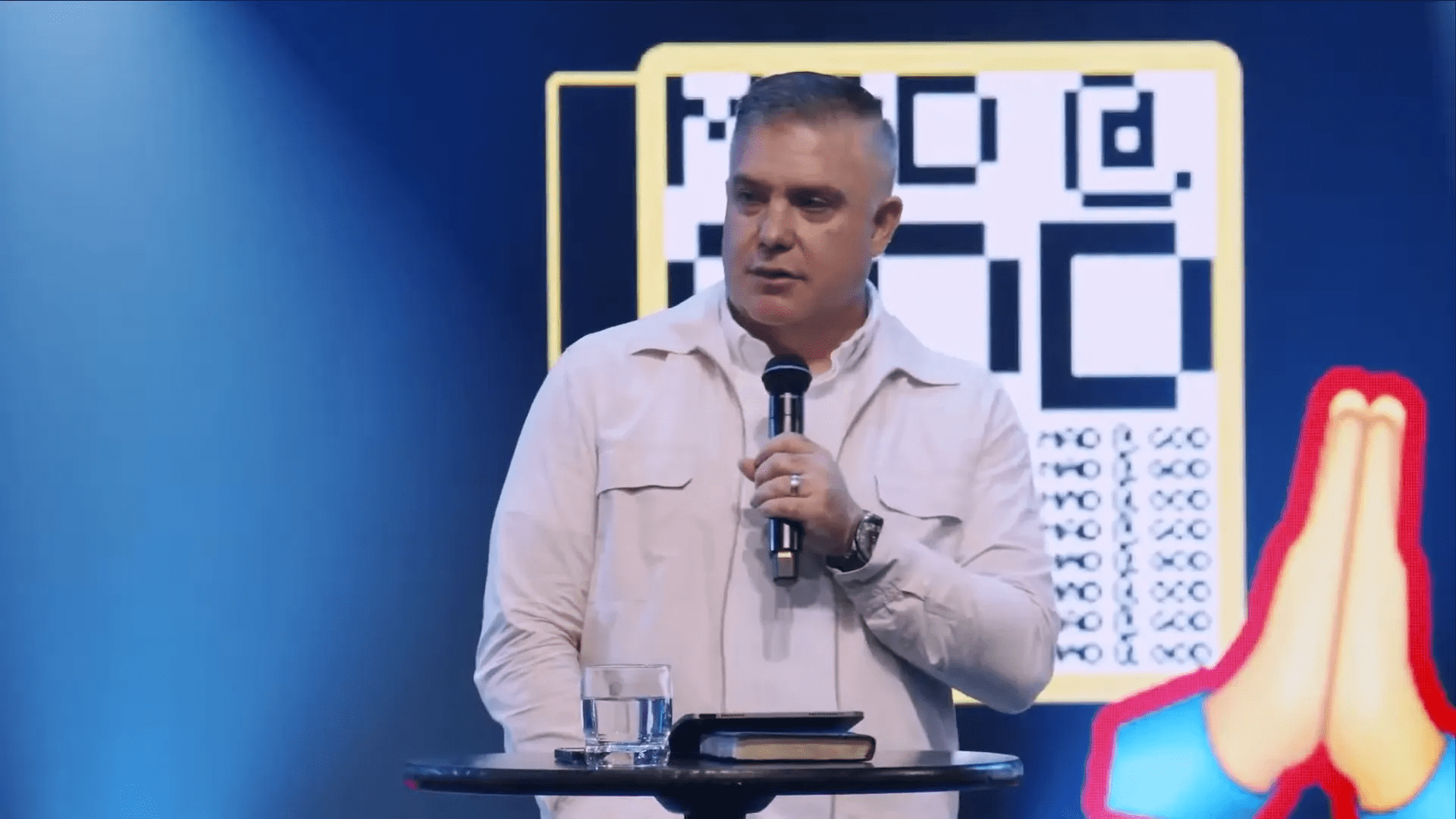
The Duality of Kingdoms: Light vs. Darkness
In our spiritual journey, we often struggle between two opposing kingdoms: the kingdom of light and the kingdom of darkness. This duality is not merely a theological concept; it profoundly affects our daily lives and choices.
Understanding the nature of these kingdoms is crucial. The kingdom of light, representing God’s sovereignty and love, offers hope, healing, and redemption. In contrast, the kingdom of darkness, led by the devil, seeks to deceive, destroy, and divide. Recognizing which kingdom we align with can significantly influence our experiences and relationships.
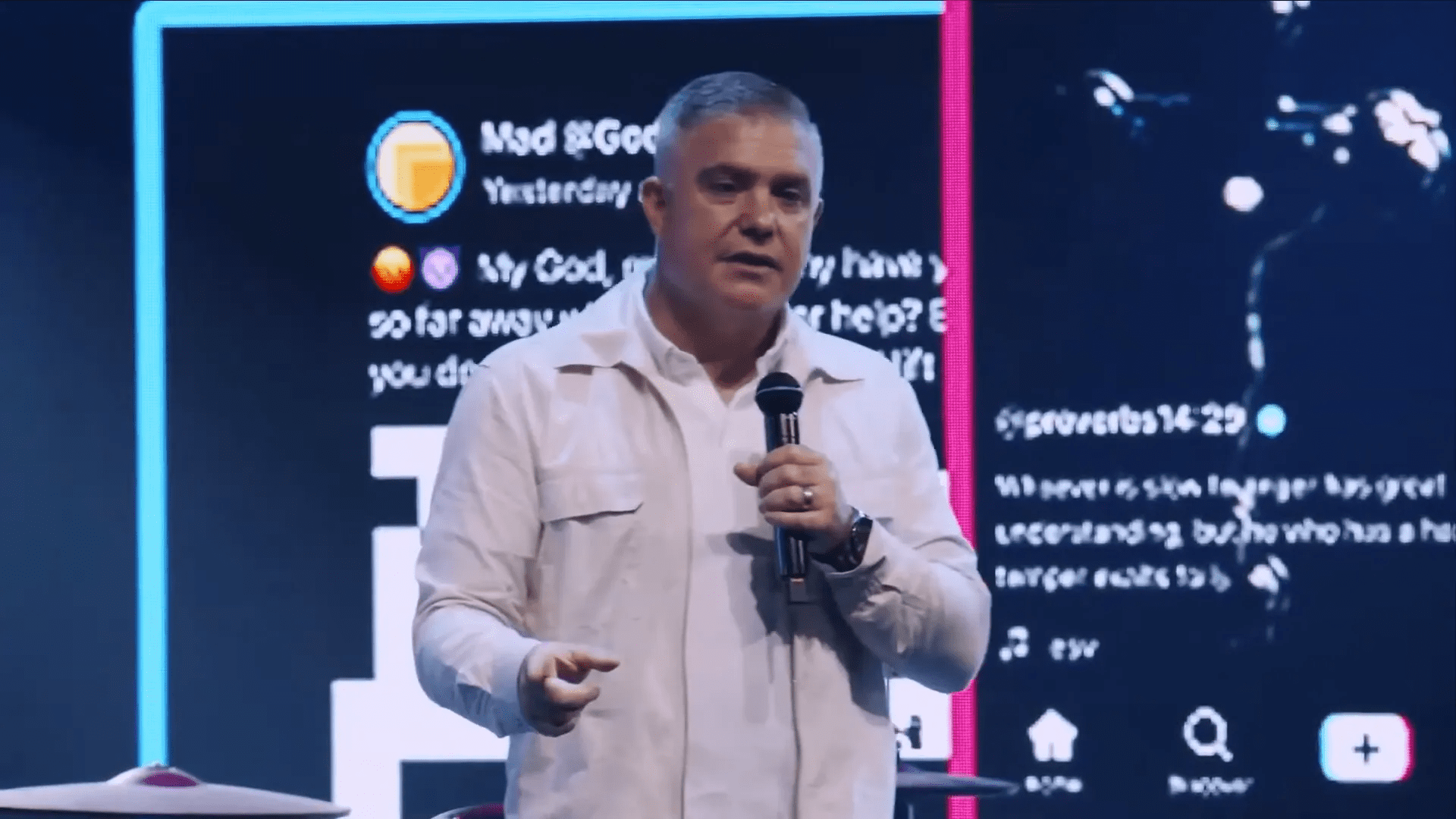
The Kingdom of Light
- God’s Sovereignty: In the kingdom of light, God reigns supreme. His authority is absolute, and His plans for us are good.
- Hope and Redemption: This kingdom is marked by the promise of redemption through Jesus Christ, offering us a way back to a loving relationship with God.
- Community and Support: Being part of the kingdom of light means connecting with others who share the same faith, and providing a support system in times of trouble.
The Kingdom of Darkness
- Deception: The enemy operates through lies, creating confusion and mistrust towards God. This deception can lead us to blame God for our struggles.
- Isolation: The kingdom of darkness aims to separate us from God and each other, fostering feelings of loneliness and despair.
- Destruction: Ultimately, this kingdom seeks to destroy our lives, families, and faith, leading us away from the truth of God’s love.
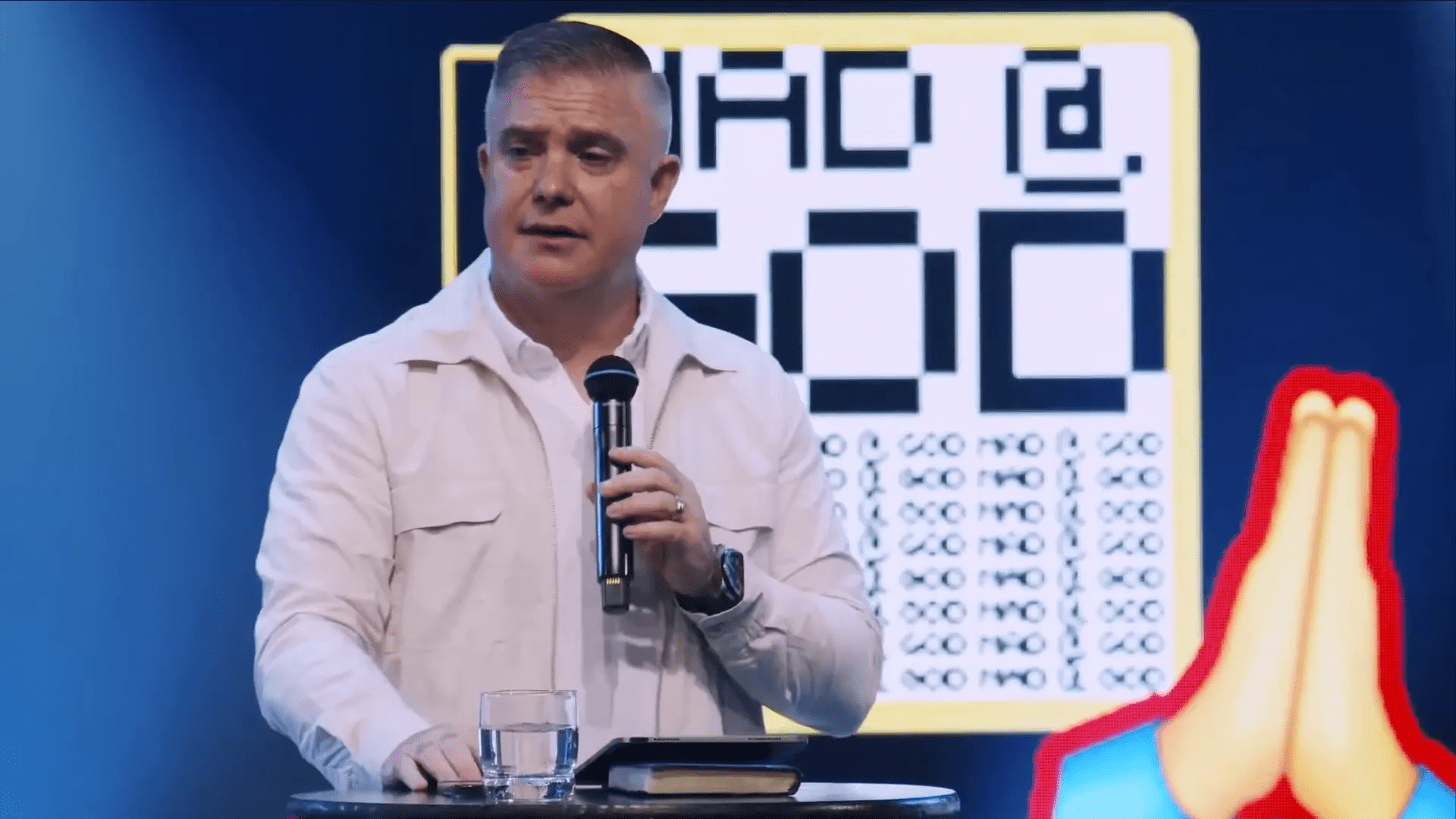
The Importance of Community and Connection
Community plays a vital role in our spiritual journey. Connecting with others who share our beliefs can provide encouragement, accountability, and strength. In the kingdom of light, we are called to uplift one another, fostering an environment of love and support.
Building Strong Relationships
- Fellowship: Regular fellowship with other believers helps strengthen our faith and understanding of God’s word.
- Accountability: Being part of a community allows us to hold one another accountable, encouraging growth and maturity in our faith.
- Shared Experiences: Sharing our experiences and testimonies can inspire others and help us navigate our struggles together.
The Consequences of Isolation
When we isolate ourselves from the community, we open ourselves up to the enemy’s attacks. The devil thrives in isolation, using our vulnerabilities to create doubt and fear. Staying connected with fellow believers not only fortifies our faith but also protects us from the enemy’s deception.

Interpreting Scripture Through the Lens of the Cross
Understanding Scripture through the lens of the cross is essential for accurate interpretation. The cross represents the ultimate act of love and sacrifice, providing a clear understanding of God’s character and His intentions for humanity.
Old Testament vs. New Testament
Many passages in the Old Testament can be perplexing without the context of the New Testament. The cross shows us that God’s dealings with humanity have always been rooted in love, even when His actions seem harsh or confusing.
- Contextual Understanding: Every scripture must be understood in the context of Christ’s redemptive work.
- The Fulfillment of Prophecy: Many Old Testament prophecies are completed in Jesus, illustrating God’s plan for salvation.
- God’s Nature Revealed: The cross reveals God as a loving Father, not a distant deity punishing us for our sins.
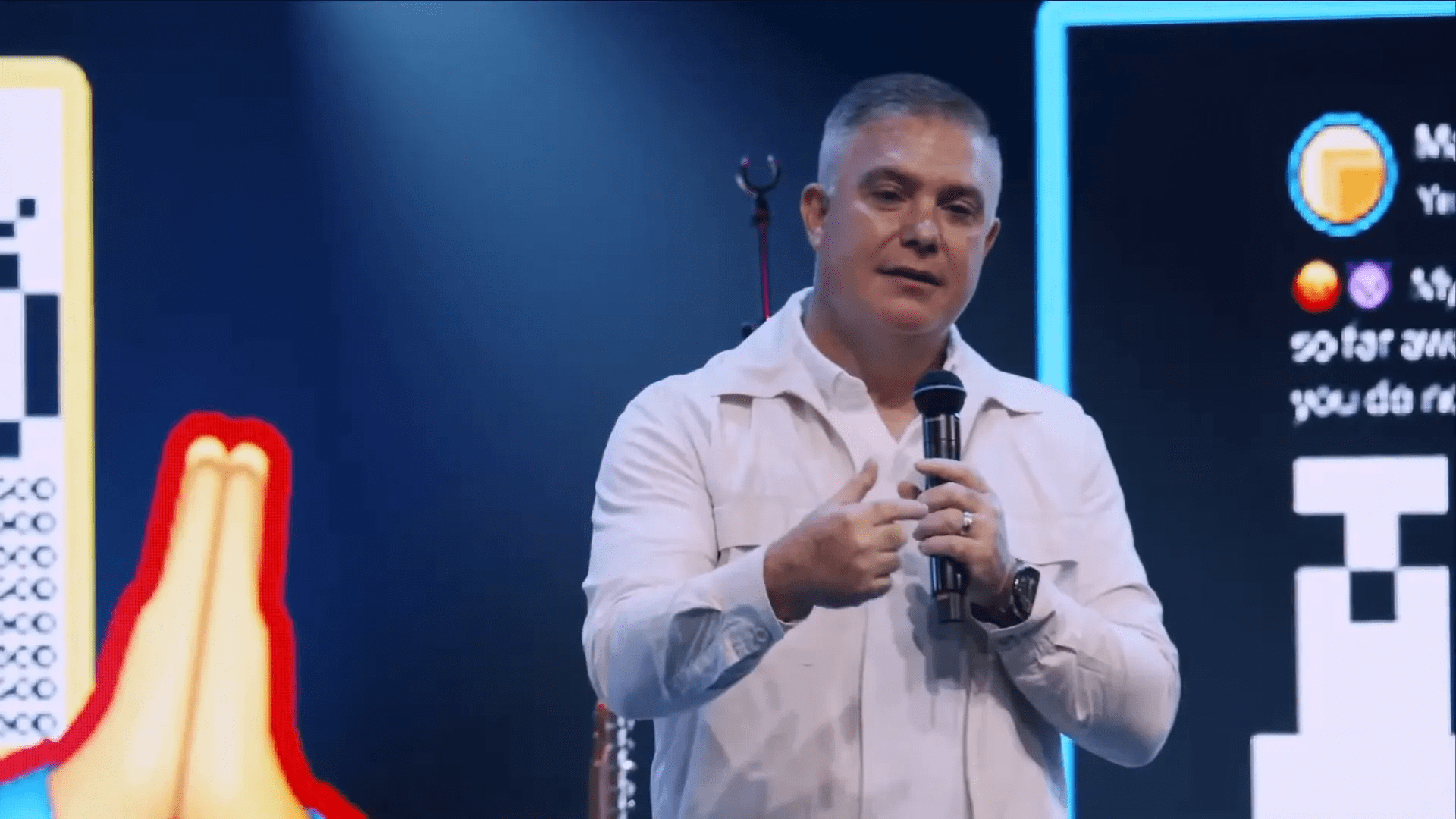
The Nature of Evil and Its Source
Understanding the source of evil is crucial to our faith. Evil does not originate from God; rather, it comes from the enemy who seeks to lead us astray.
The Role of the Enemy
- Accusation: The enemy, known as the accuser, seeks to bring condemnation and guilt, driving a wedge between us and God.
- Temptation: He tempts us to stray from God’s path, using our weaknesses against us to create doubt and fear.
- Destruction: Ultimately, the enemy’s goal is to destroy our lives and our relationship with God, leading us into despair.

The Role of Consequences and Redemption
Life is filled with choices, and each choice carries consequences. Understanding this principle helps us navigate our lives with wisdom and discernment.
God’s Justice and Mercy
- Natural Consequences: Our actions have natural consequences, which remind us of the importance of living in alignment with God’s will.
- God’s Mercy: Even when we face the consequences of our actions, God’s mercy is always available to guide us back to Him.
- Redemptive Opportunities: Every consequence can lead to a redemptive opportunity, allowing us to learn and grow in our faith.

God’s Response to Our Pain
When we experience pain and suffering, it’s easy to question God’s love and presence. However, God’s response to our pain is rooted in compassion and understanding.
The Father’s Heart
- Comfort in Suffering: God walks us through our pain, offering comfort and strength in our darkest moments.
- Invitation to Healing: God invites us to bring our pain to Him, assuring us that He cares deeply for our struggles.
- Hope for Restoration: God promises restoration and healing, reminding us that our pain is not the end of our story.
In conclusion, understanding the duality of kingdoms, the importance of community, the nature of evil, and God’s compassionate response to our pain can transform our perspective. Instead of misplacing our anger towards God, we can embrace the truth of His love and sovereignty, allowing His light to guide us through the darkness.
